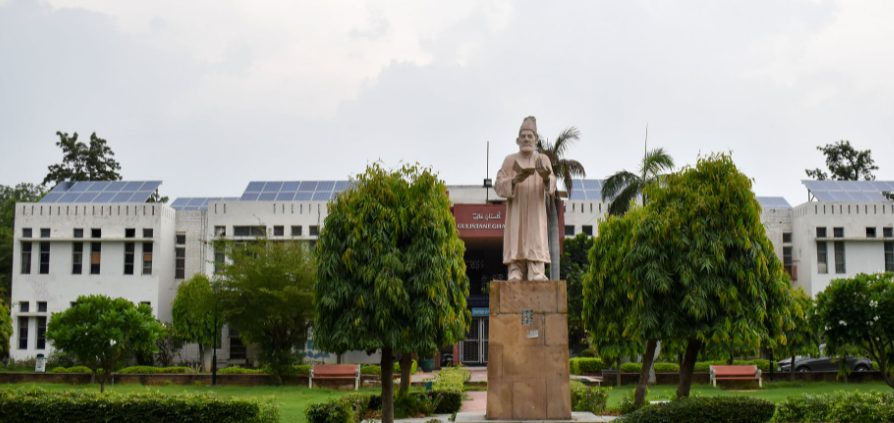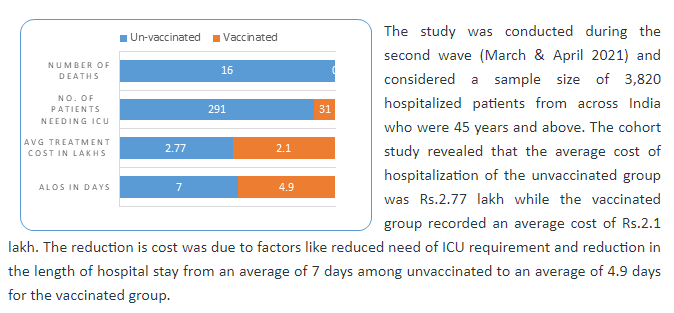
The MMAJ Academy of International Studies held the second online lecture as part of its South Asian Lecture Series on the topic “Contemporary Nepal: Challenges of Democracy and Development” on 9th July 2021. Prof. Anjoo Sharan Upadhyaya from the Department of Political Science, Banaras Hindu University, Varanasi was the speaker. She was previously the Director of the Centre for the Study of Nepal, BHU and also held the ICCR Chair at Tribhuvan University, Kathmandu.Prof. Ajay Darshan Behera, Officiating Director, MMAJ-AIS chaired the session. In his introductory remarks he welcomed the speaker and other participants.
He introduced the theme of the lecture and laid an overview of the challenges facing the democratic development process in Nepal and observed that political instability has been endemic to Nepal. He highlighted the need to understand the political culture in Nepal to analyse the challenges of democracy and development in contemporary Nepal.Prof Anjoo Sharan Upadhyaya began by presenting abroad sweep of Nepal’s history and development potential and how it has not been able to take advantage of the same.
She briefly underlined the historical currents that have shaped the geopolitical exigencies in Nepal and how thisis interlinked to the larger political setup. She highlighted that Nepal has very different geographical divisions with diverse cultural pockets and one has to be aware of the consciousness among these culturally diverse people of their Nepali identity before analysing the politics in Nepal. She stressed the fact that though India shares a very long border with Nepal and has shared cultural affinities, the unevenness of the various trade and transit treaties has,however, compelled Nepal to look northwards.
Nepal also cannot be considered as a small country. It is well endowed and has various assets that have shaped the development process but at the same time there are various challenges inhibiting its growth potential.Prof. Upadhyaya underlined that the strategic position of Nepal has helped it secure benefits from both India and China and the natural resource potential of Nepal has attracted investment but at the same time it has made it dependent on both India and China. This has been a cause of concerndue to the terms of some of the treaties and delivery deficits of some of the infrastructure projects.
She also highlighted that Nepal’s young population and its proactive and vibrant media has helped in shaping the democratic discourse in Nepal and in the unfolding of the Nepalese economy. In recent times, the overwhelming presence of China and Chinese capital in Nepal has made an impact both on the minds of the locals and the elites andthis has been a cause of concern for India.
The lecture was well attended by participants from JMIas well as other Universities across the country. It was followed by an engaging question and answer session where the participants raised a number of questions. Prof. Behera thanked the participants for their participation and the speaker for her expansive coverage of the subject and bringing many critical observations and insights into the discussion.


.jpg)